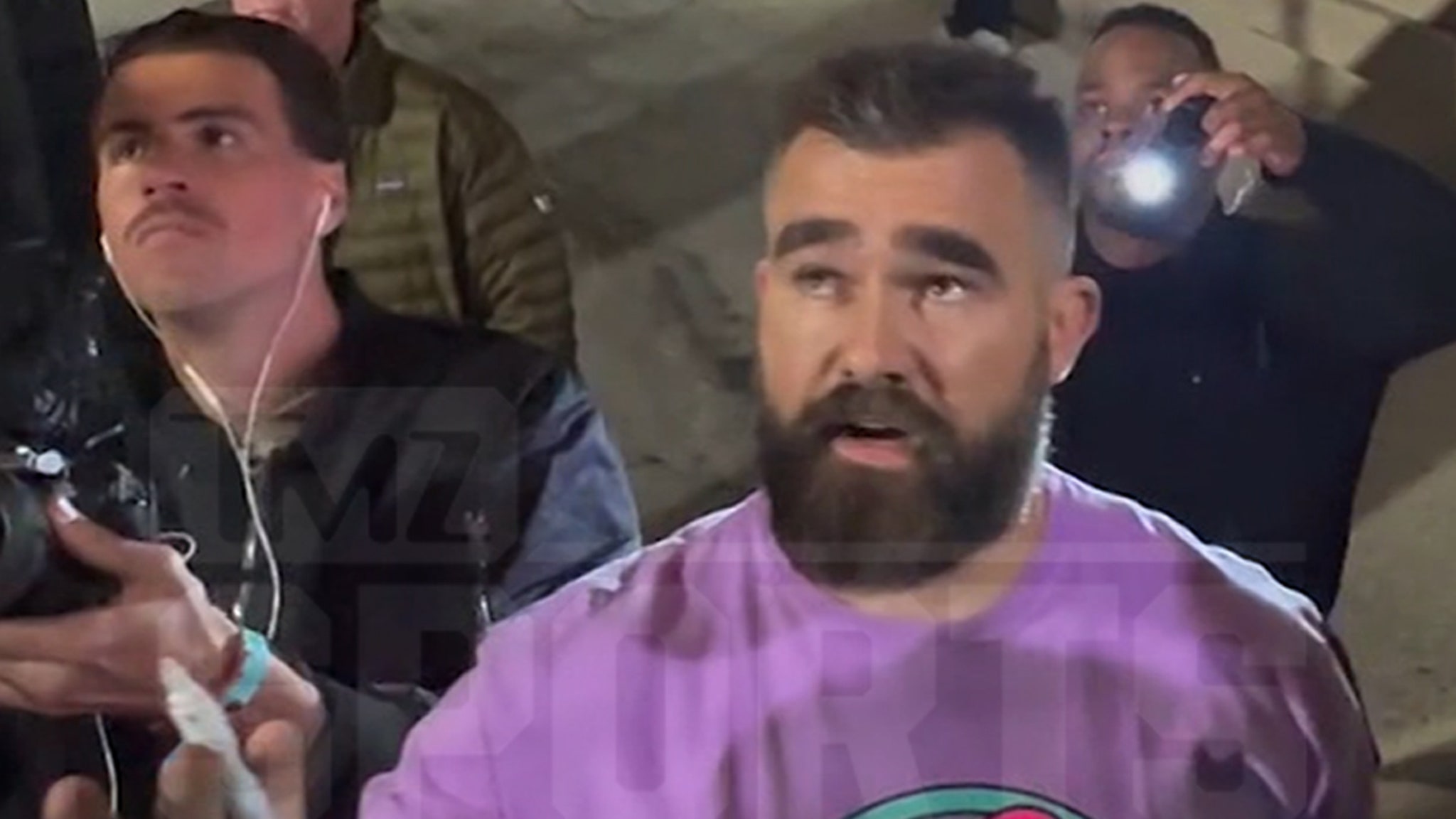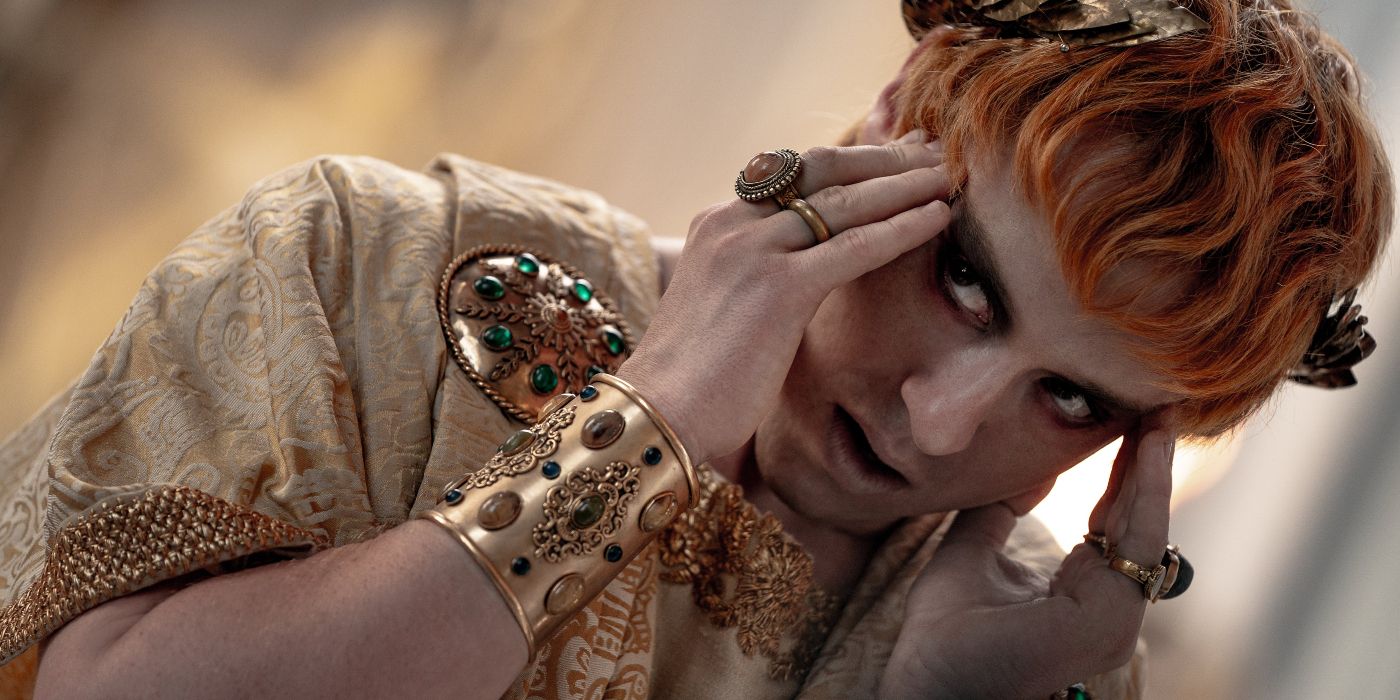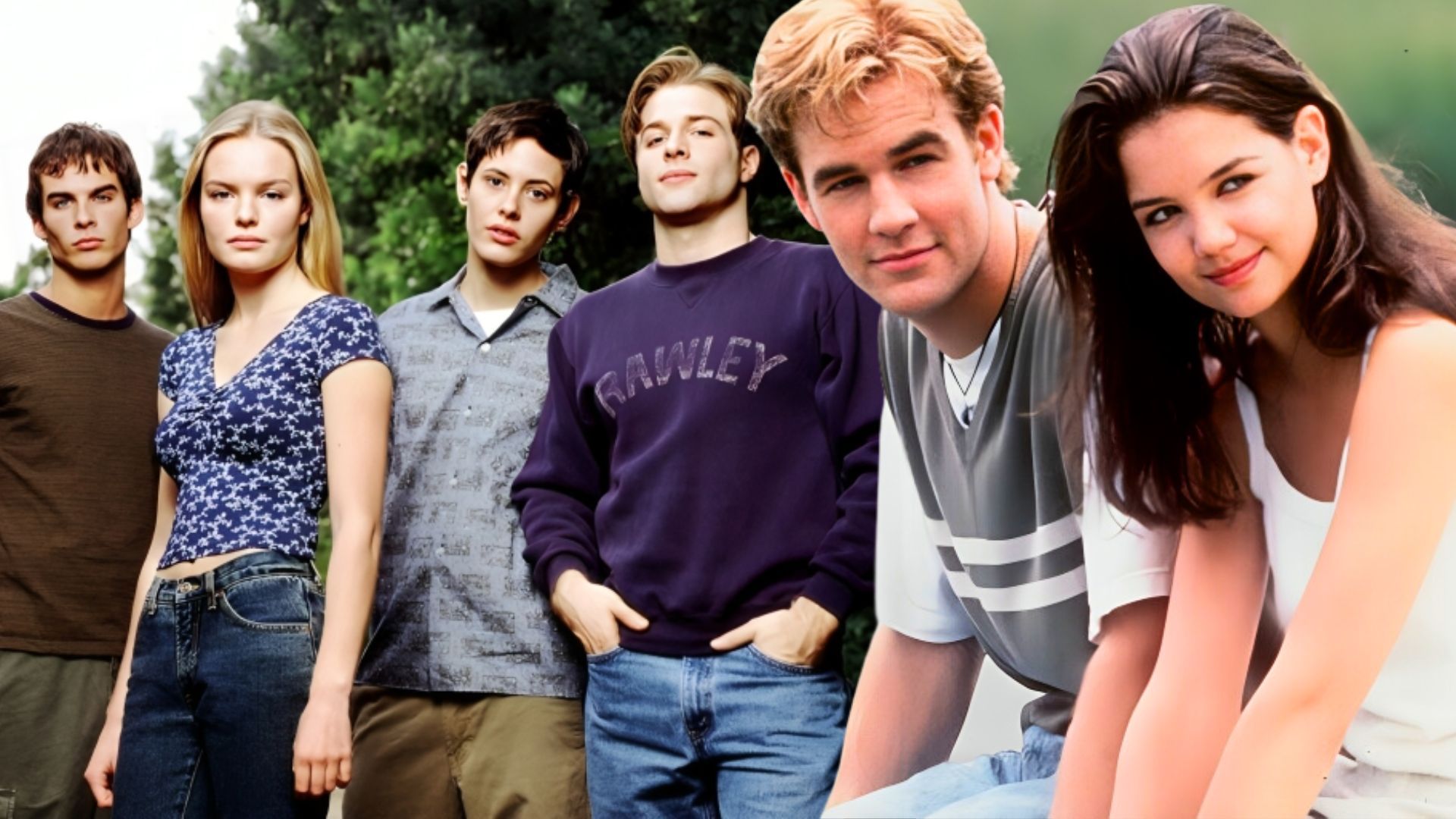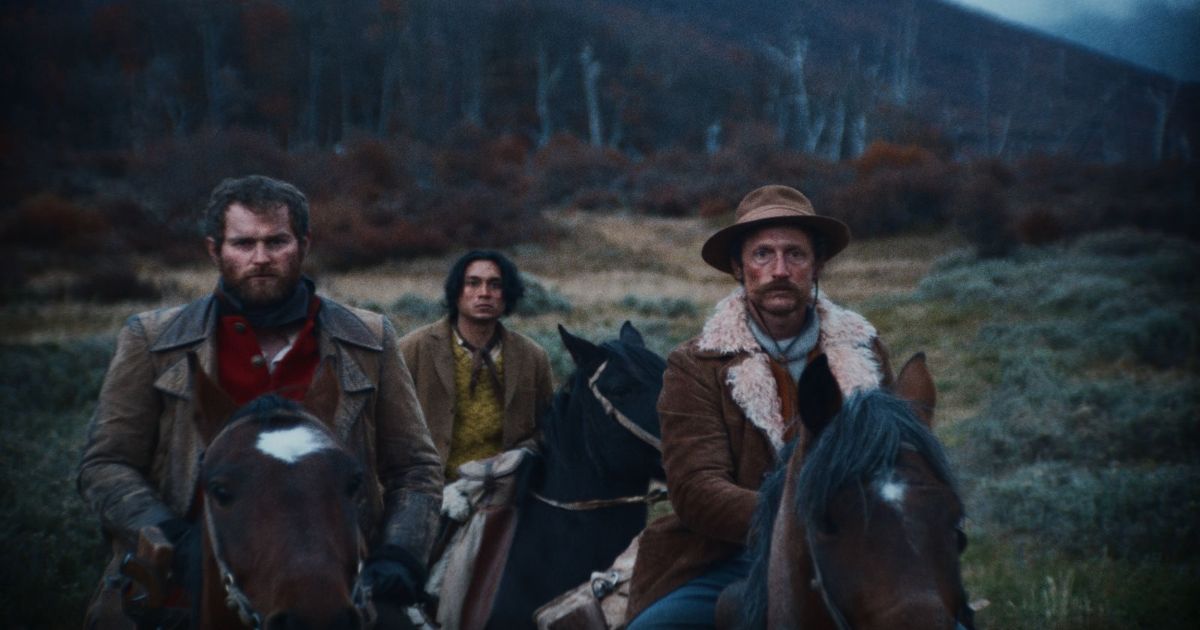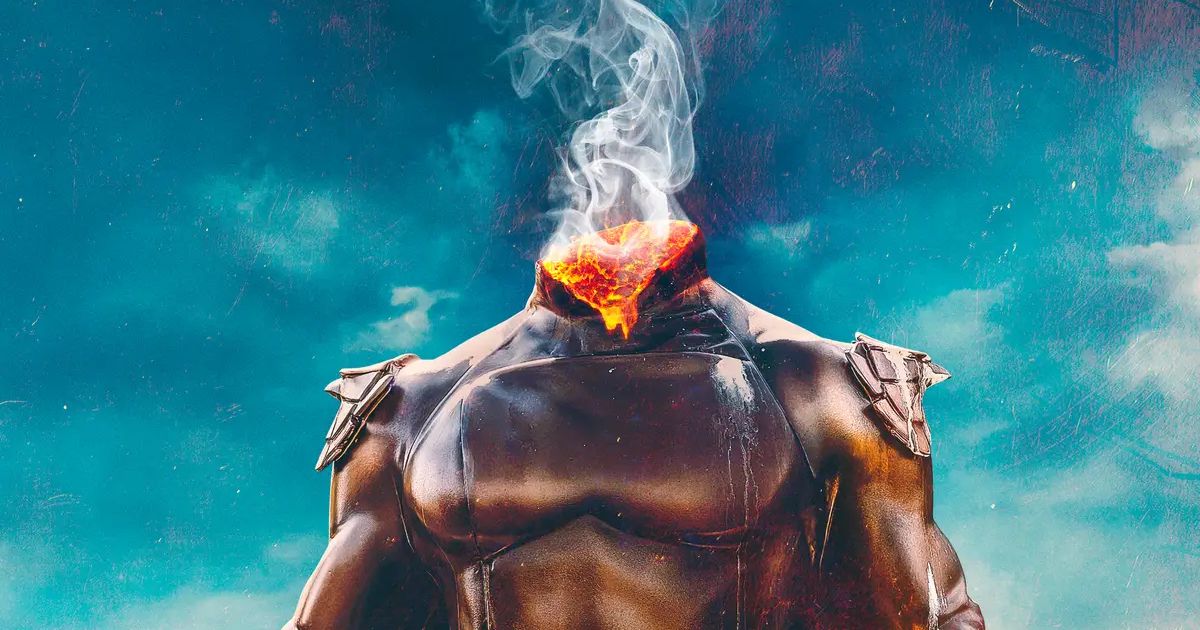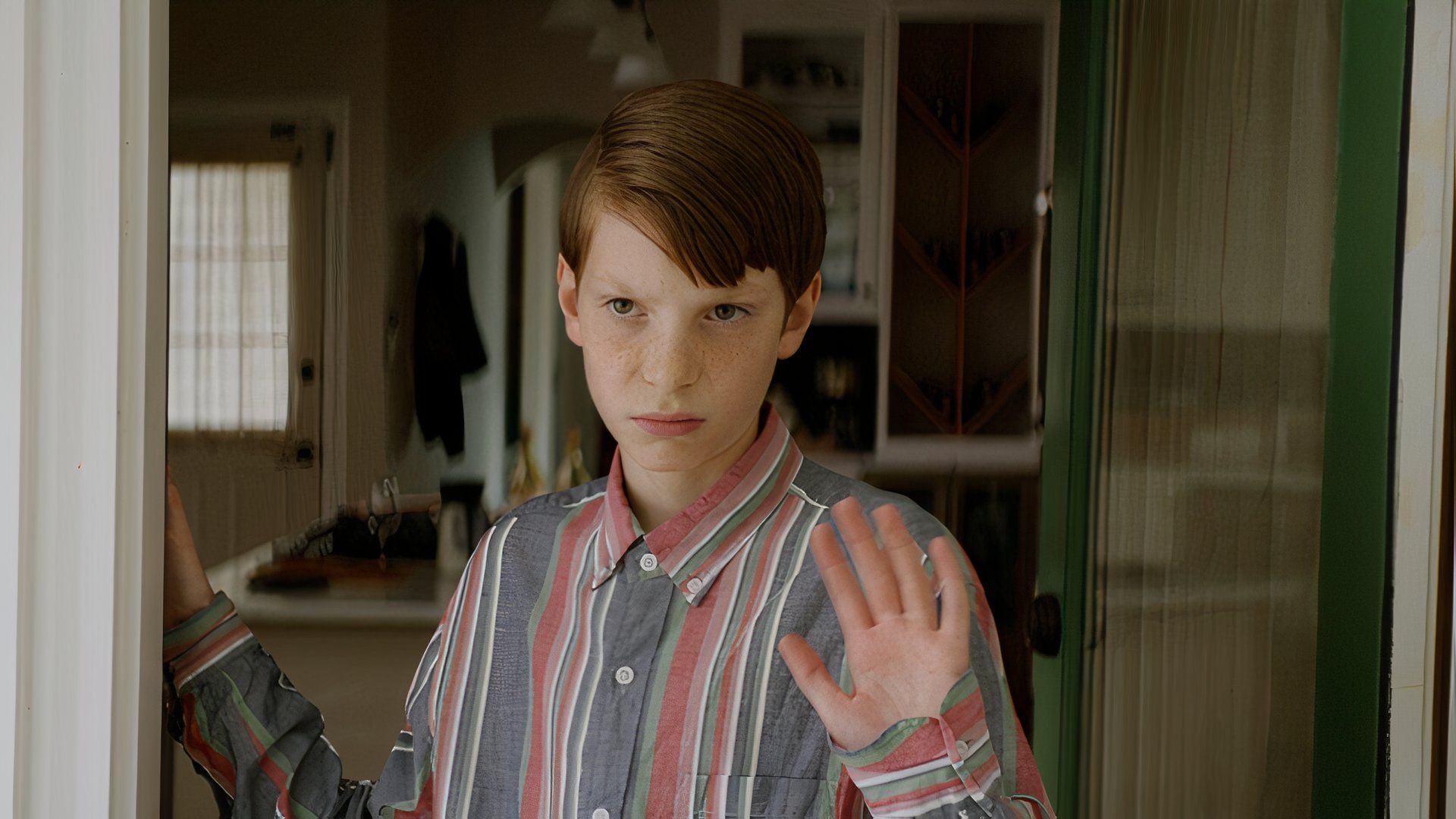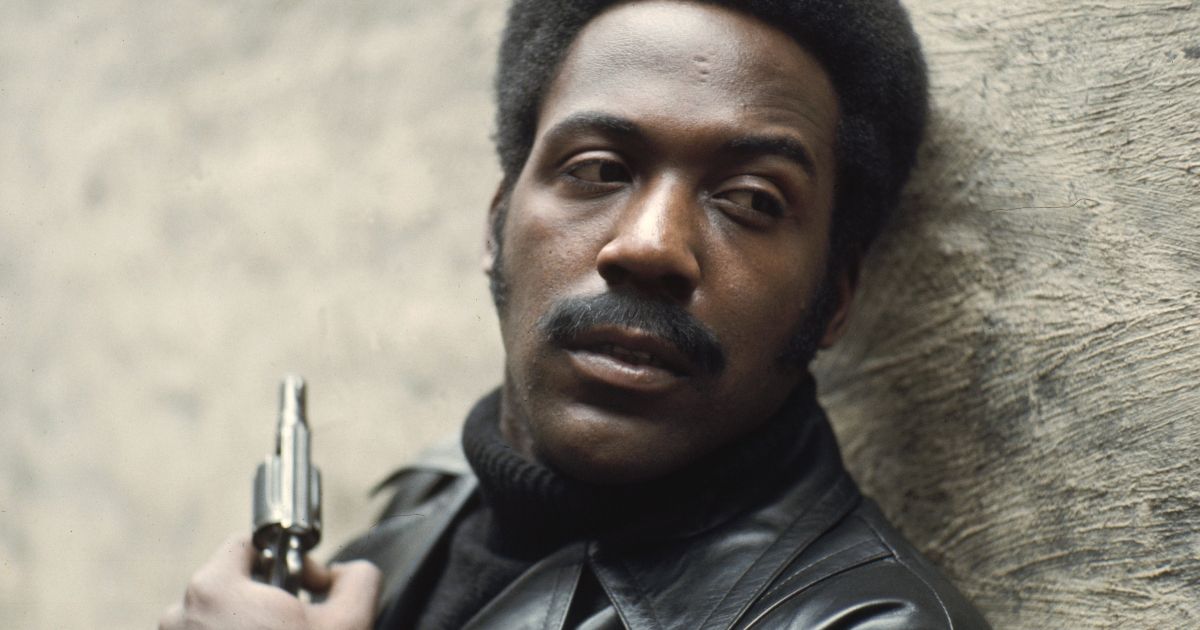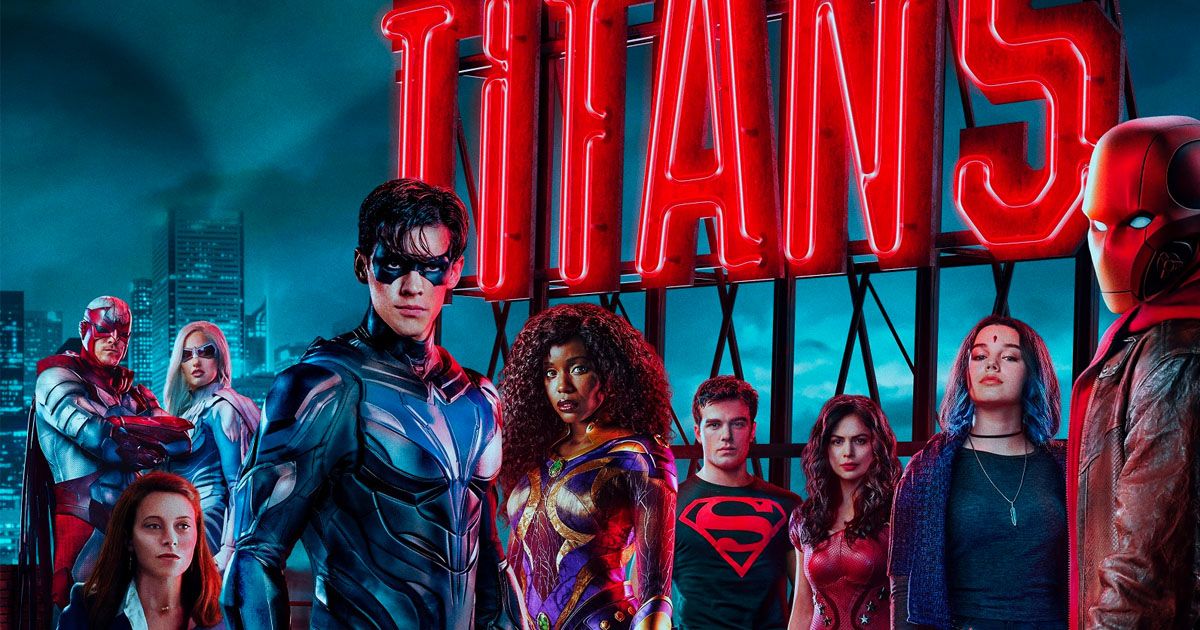Chilean filmmaker Felipe Gálvez Haberle has an astonishing feature debut with a visceral Western about the horrors of colonization. The Settlers is a gruesome tale of barbarism, rape, and the ethnic cleansing of indigenous people by ruthless landowners. A vast, beautiful, and unspoiled landscape becomes the setting for humanity’s familiar sin. The powerful invade without mercy. They take what they want, commit unspeakable crimes, and leave trauma in their wake as a reminder for those who dare to challenge. Haberle lands savage blows with his unflinching depiction of violence. The Settlers is a harrowing experience that lingers long after the credits roll.
In 1901 Tierra del Fuego, Segundo (Camilo Arancibia), a mestizo, mixed race White and Indian, works quietly with other laborers building a fence. Lieutenant Alexander MacLennan (Mark Stanley), a former British soldier still wearing his red coat, sits atop his horse with a venomous gaze. A bloody accident gets a lethal response. Alexander shouts that an injured man is useless to him. A stunned Segundo gets his first taste of the butcher’s methods.
Two horses are seen in the distance. Don José Menéndez (Alfredo Castro) rides towards them with his gunman Bill (Benjamin Westfall). He’s absolutely furious. The Onas, Indians who live between Chile and Argentina, have killed and eaten a flock of his prized sheep. They need to be removed from his land. He wants “proof” of their crimes as a means to extermination. Alexander lines up the workers and gives them his rifle. He wants to see who’s the best shot. The muted Segundo is the only one who can hit a can in the distance.
Don José is perplexed when Alexander plans to leave with Segundo as his only companion. He orders him to take Bill with an arrogant exclamation. Bill killed the Apache in Mexico. He can “smell an Indian a mile away.” Alexander isn’t remotely impressed but agrees to the extra hand. They leave with Segundo in tow as mountains loom in the distance.
Conquerors Congregate
MUBI
Segundo remains observant as Bill clashes with Alexander. He doesn’t understand why the former soldier is so noisy and boisterous. Bill warns Alexander “that he’s doing everything wrong.” The Onas will see them coming. Alexander puts his sidearm to Bill’s shocked face. He’s in charge. Forget that for an instant and die. A cowed Bill and Segundo follow as they see another group ahead. A clear command structure has been set. Alexander is capable of anything.
Related: 35 Best Western Movies of All Time, Ranked
The Settlers, FIPRESCI Prize winner of this year’s 76th Cannes Film Festival, focuses on Chile at a pivotal time in its history. Indians claimed much of the territory that Europeans wanted for sheep grazing. Don José was awarded huge tracts of land without a second thought to the natives. The Onas were an impediment to his fortune. He needed mercenaries like Alexander to secure that property by any means necessary. The film has time jumps that show the results of Alexander’s sickening acts. His means are incomprehensible to the civilized. But the big dog that bites eventually runs into a stronger alpha. Alexander’s just comeuppance is graphic and beyond disturbing.
Haberle does a superb job with character exposition. There are surprising reveals in the second act that reframes audience perception of the ensemble. The narrative changes when even uglier truths are brought to light. Stanley’s hideous portrayal of Alexander is both gripping and repulsive. He thrived on fear and subjugation, but also knew his place as a pawn of wealthy men. Bill, an equally loathsome creature, plays second fiddle because he understands Alexander isn’t someone to be trifled with. Neither men trust Segundo, but they know he doesn’t have the courage to turn against them. They mock him with racial insults as a “half-breed” and force his compliance at every turn.
Survivors Resist
MUBI
The Settlers pulls no punches illustrating the gut-wrenching atrocity of sexual assault. Innocents caught in the clutches of vile sadists like Alexander and Bill were doomed to suffer cruel fates. Sexual violence has sadly been a weapon of war that scars victims for life, if they survive the ordeal. It reinforces a sense of vulnerability and helplessness to oppressors. These scenes are extremely difficult to watch, but truth cannot be ignored.
Related: Best Western Movies, According to Rotten Tomatoes
Haberle’s lean runtime and swift pacing is aided by a towering score and segmented editing. The film is told in chapters as the characters are introduced. Composer Harry Allouche (In Your Hands, 10 Days with Dad) accentuates ferocity with booming percussions and harsh orchestral strings. There are no pensive moments or emotional reprieves as the narrative thunders forward.
The Settlers’ third act takes a different perspective after the slaughter. An acknowledgment of wrongs does little to assuage the grieving. The film’s last scene boldly and brilliantly embodies the feelings of those asked to capitulate for a supposedly greater good. It’s akin to spitting on the unmarked graves of the murdered, so flowers can grow.
The Settlers, originally Los Colonos, has Spanish and English dialogue with subtitles. The film is a production of Quijote Films, Rei Cine, Quiddity Films, Volos Films, and Cine Sud Promotion, et al. The Settlers was screened as part of the 61st New York Film Festival. It will have a forthcoming theatrical release in the US and UK from MUBI.
You can view the original article HERE.

